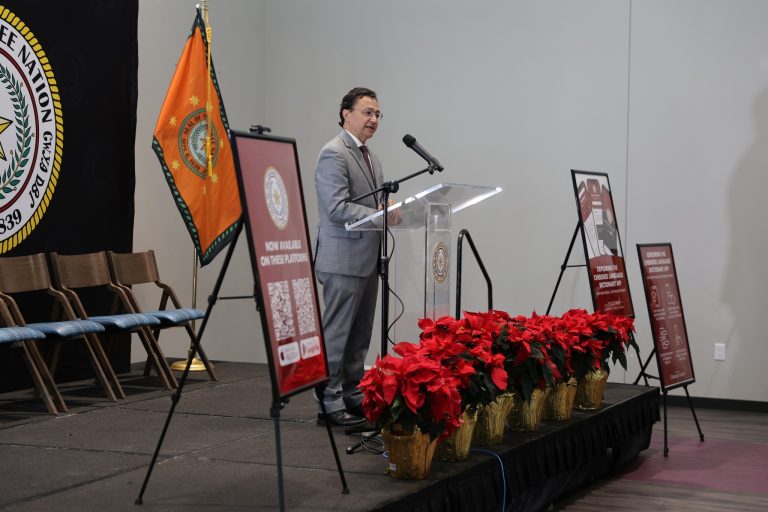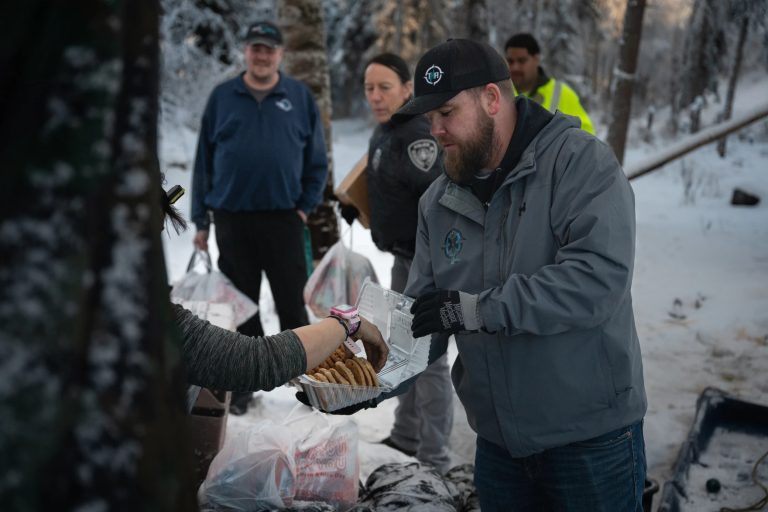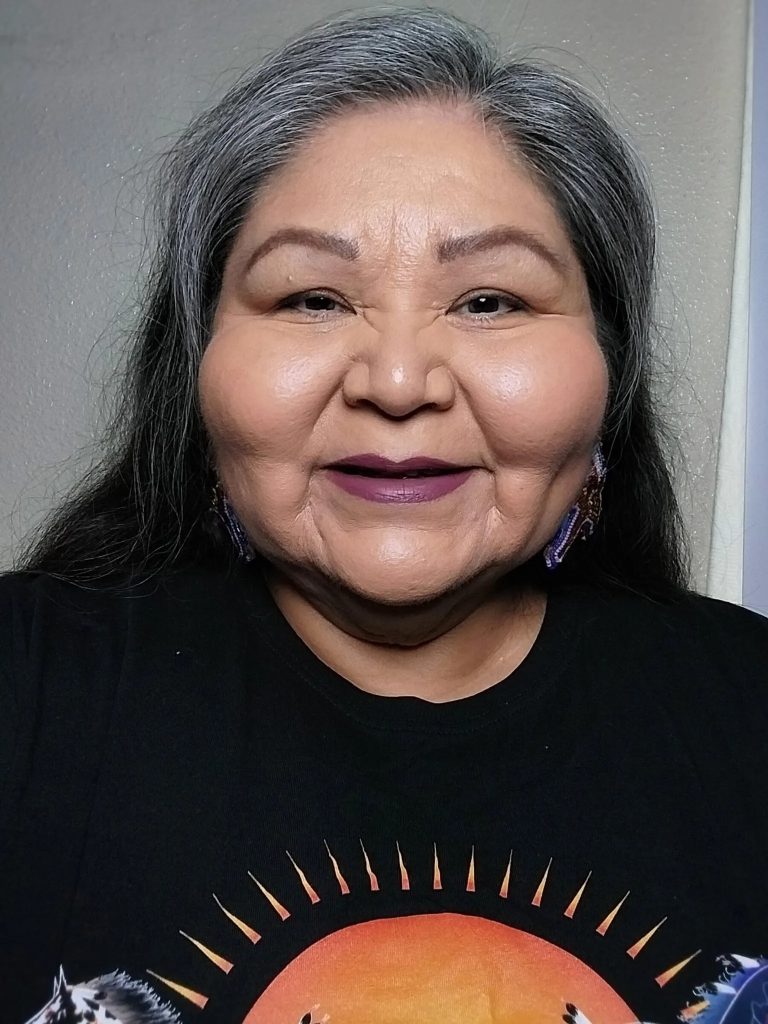Podcast: Play in new window | Download | Embed

Anchor: Antonia Gonzales
Audio available by 12:30pm ET
The Principal Chief of the Cherokee Nation is calling on the U.S. House of Representatives to keep a treaty promise to the Cherokee Nation by the United States to seat a Cherokee Nation delegate in the House.
Chief Chuck Hoskin Jr. testified Wednesday before the House Committee on Rules.
Hoskin discussed the promise made in the 1800s.
“Cherokee Nation and Cherokee Nation alone is the tribe that is in the part of the Treaty of New Echota and the Treaty of 1866. Cherokee Nation has in fact adhered through our obligation under these treaties. I’m here to ask the United States to do the same. It’s time for this body to honor this promise and seat our delegate in the House of Representatives.”
Hoskin says it’s a binding commitment, which guaranteed the Cherokee Nation a voice in Congress in exchange for forcing them from their homelands.
They were moved west on what became known as the Trail of Tears.
The non-voting delegate chosen by the Oklahoma tribe is Kim Teehee.
According to the Cherokee Nation, the House has the power to seat the delegate and no further action is needed by the administration or the U.S. Senate.
 The latest voting tallies in Alaska for the U.S. House at-large seat added to the lead of U.S. Rep. Mary Peltola (Yup’ik/D-AK) over the second place candidate, former Gov. Sarah Palin (R-AK), who has 26% percent of the vote.
The latest voting tallies in Alaska for the U.S. House at-large seat added to the lead of U.S. Rep. Mary Peltola (Yup’ik/D-AK) over the second place candidate, former Gov. Sarah Palin (R-AK), who has 26% percent of the vote.
Although Peltola has 48% of the vote, she needs more than 50% to win under Alaska’s new system of ranked choice voting.
This will require votes from those who ranked her as a second choice. So far, only first choice votes have been counted. None of the candidates appear to be close to crossing 50%.
Second and third rankings will be counted on November 23.
Rep. Peltola is expected to win.
She made history in August, becoming the first Alaska Native to ever serve in Congress.
She won a special election to fill out the remainder of the late-Congressman Don Young’s term.
After years of dwindling returns, the Coquille Tribe is excited to see at least 150 breeding pairs of fall Chinook Salmon this year.
As KLCC’s Brian Bull reports, that’s one of the highest returns in nearly two decades.
Replenishing the salmon numbers has been an intensive team effort among the Coquille Tribe, Oregon Department of Fish and Wildlife, Port of Bandon, and Coquille Salmon and Trout Enhancement Program.
John Ogan is the assistant executive director for Natural Resources for the Coquille Tribe.
“Last year it was 24 breeding pairs, the year before that it was three, and then in the neighborhood of 20 for a couple of years prior. In 2017, there were 88 breeding pairs collected. As I mentioned, the goal is 75. This year, we kinda smashed that record with over 100 breeding pairs.”
Fertilized eggs will be kept in incubation tanks, then moved to another hatchery where juvenile salmon will hatch.
Eventually they’ll be released into the Coquille River system.
The Coquille tribe declared an emergency last year, given the hard dive the chinook numbers were taking due to invasive bass, predators, and environmental challenges.
 This week, California Indian Nations College celebrated a $5 million state budget allocation to help the tribal college in its effort to gain federal accreditation.
This week, California Indian Nations College celebrated a $5 million state budget allocation to help the tribal college in its effort to gain federal accreditation.
State Rep. James Ramos (Serrano and Cahuilla/D-CA) helped secure the funding.
A celebration was held at the college campus in Palm Springs.
The funding is in the 2022-23 state budget.
The lawmaker is hoping the college will help boost higher education attendance among Native American students in California, who have low rates of going to college.
There are 35 tribal colleges and universities across the country, which are federally accredited.
There is not one located in California.
Get National Native News delivered to your inbox daily. Sign up for our newsletter today.




